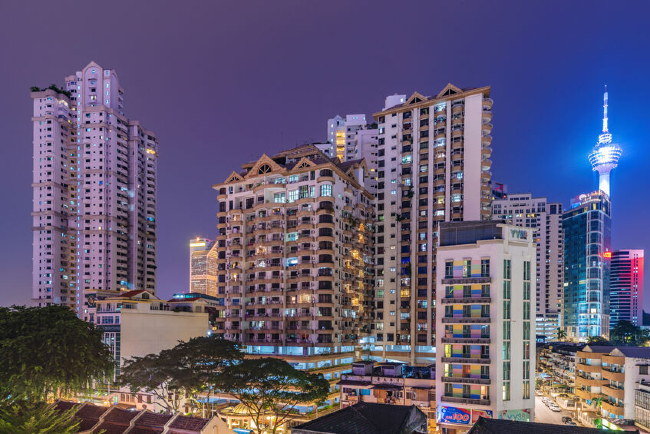With the overhang situation in Malaysia at a “quite alarming” state, the government and stakeholders should “think out of the box” to resolve the issue, said National Property Information Centre (NAPIC) Deputy Director of Inventory Ari Adam.
This comes as the government expects a surge in stratified units – primarily serviced apartment units – as property developers try to maximise profits once the economy moves towards reopening.
To resolve the overhang situation, Ari said the government can freeze the development of stratified buildings and extend the benefits of the Home Ownership Campaign (HOC) to the secondary market, reported Free Malaysia Today (FMT).
He explained that freezing the development of stratified buildings may resolve the overhang within the residential and serviced apartment segment as well as in the shopping malls and purpose-built office space.
Extending the HOC to the secondary market, on the other hand, will help spur sales in the residential segment, said Ari.
The HOC is set to end on 31 December 2021, with benefits including stamp duty savings and tax exemption in housing loans.
Currently, the HOC benefits are limited to developers’ units and extending it to the secondary market will help create a level playing field within the residential segment.
In the first half of 2021, the unsold completed units, or overhang in property parlance, in serviced apartments, residential and small office home offices (SoHos) totalled 57,154 units, worth RM41.54 billion.
Ari noted that the issue of overhang has already been existing even before the COVID-19 pandemic, but was only amplified during the pandemic.
“As I usually say, data speaks for itself. The question is: What do we do with overhang? Do we let prices come down?,” asked Ari as quoted by FMT.
“Perhaps if we had (made it mandatory) for developers (to have independent feasibility and market studies), there may be no overhang. Perhaps if developers consider what the people want or can afford.”
For office and mall space, he shared that the country has never witnessed such low occupancy rates for both which stands at around 70% today.
“This is the lowest ever. I don’t know if it will get worse or better. We have to find ways to occupy all the space we have. There were ideas about making them into small office centres, data centres or starter homes,” said Ari.
He made the statement at the association of valuers, property managers, estate agents and property consultants in the private sector Malaysia (PEPS) 14th Malaysian Property Summit 2021.
Check out these latest project reviews today! Or read our helpful Guides to learn all about the various property buying, selling and renting tips!





